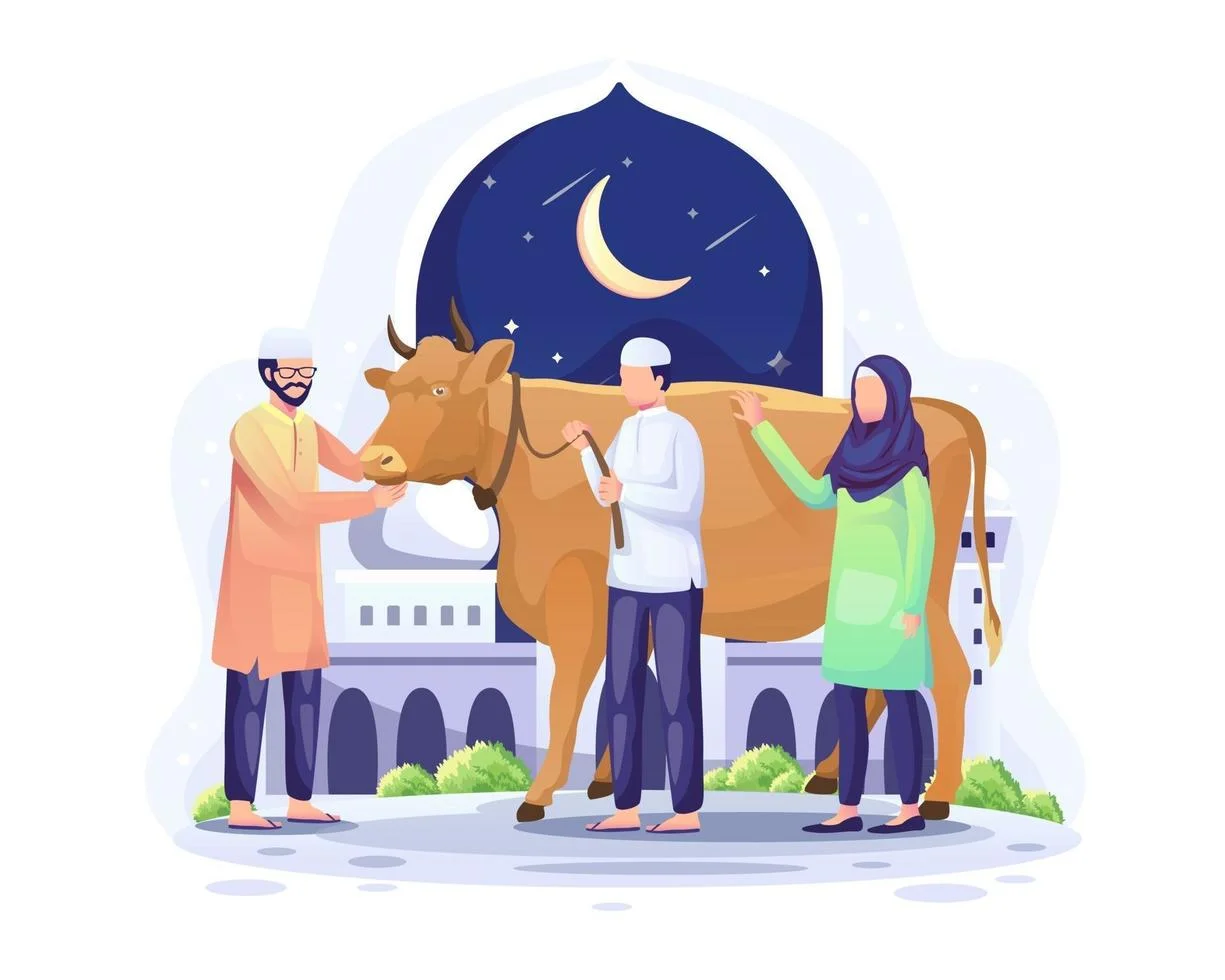Islamabad, 6 June 2025: As Eid ul-Adha approaches, an estimated 6.98 million animals are expected to be sacrificed across Pakistan this year, marking one of the country’s largest annual religious observances.
According to the latest data released by the Pakistan Tanners Association (PTA), the festival will not only hold spiritual significance but also bring notable economic activity, especially in the livestock and leather sectors.
The Pakistan Tanners Association shared projections indicating that hides and skins worth approximately Rs6.35 billion will be collected by tanneries following the nationwide animal sacrifices. This figure shows a moderate increase from last year’s collection, which stood at Rs6 billion, reflecting both higher volumes and adjustments in skin prices.
READ MORE: Govt Issues Eid-ul-Adha Holidays Notification
Breaking down the forecast, the association anticipates the slaughter of over 3 million cows, along with 1,680 buffaloes, around 3.47 million goats, and approximately 404,250 sheep and lambs. Furthermore, an estimated 103,635 camels are expected to be sacrificed during the holiday.
Prices for animal hides have also been officially set, with cow hides valued at Rs1,775, buffalo hides at Rs1,680, goat skins at Rs446, and the skins of sheep and lambs priced at Rs47. Camel hides, which are relatively rare and valued for their durability, have been priced at Rs578 each.
Analysts note that the large-scale collection of hides during Eid ul-Adha generates a temporary economic surge, particularly for the leather industry, which continues to play a vital role in Pakistan’s exports.
With increased demand in global markets for processed leather goods, this year’s hide collection could lead to a boost in foreign exchange earnings.
READ MORE: Illegal Hide Collection Banned Nationwide for Eid-ul-Adha
The Pakistan Tanners Association has expressed optimism that the festive season will translate into meaningful economic gains. By channeling these raw materials into the country’s leather manufacturing sector, Pakistan is likely to strengthen its position in the international leather trade.
Beyond the spiritual traditions, Eid ul-Adha serves as a seasonal economic driver particularly in rural and urban livestock markets, transportation, meat processing, and the broader leather value chain.









